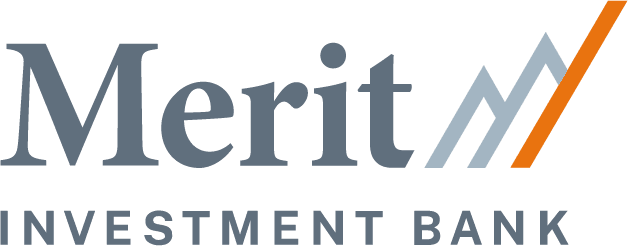As you look into the future, the day may be approaching when it is time to sell your business. If so, naturally your goal will be to get the most value out of your life’s work. But the price your business will fetch on the market is reliant on many factors, some of which – like the economy – you simply cannot control.
That’s why you need to maximize influence on the aspects of your business’ value that you can control. You need to put your company in a position to reach peak value before you sell, and to do this you need a trusted partner who has been through it all before.
Through the cumulative experience of the sell-side advisors at Merit Investment Bank, we have compiled the following list of key techniques and areas of focus for business owners looking to increase the value of their business before selling.
1. Get Your Financials In Order, In Detail
You may be used to financial statements that contain only high-level information, but in order to get top dollar for your business, you also need to be able to show the nitty-gritty numbers clearly.
Rather than simply seeing a summary of how much your business earned in a specific period, a potential buyer is going to want to see how this money was earned. Each stream of revenue should be broken down into segments so potential investors can see the myriad factors that drive profits.
Merit Investment Bank recommends having an independent audit performed by a CPA. Our advice is to get this done well in advance of a potential sale date, so underlying issues can be addressed before they become obtrusive obstacles. Nothing satisfies a potential buyer’s concerns more than a report from a respected third-party auditor.
Paying a CPA to do a deep dive into your books can be expensive, but in our experience, the expense is worth it to make your business more attractive to blue-chip buyers.
2. Address Any Existing Customer Concentration Issues
Customer concentration is when your business earns more than 20% of its revenue from one customer. This does not bode well for future potential earnings, as the risk of losing this customer (and a significant part of the company’s revenue) is far too high.
Righting this ship can take years, which is why it is important that you address these issues early on. If, however, you find you do not have time to fix the issue (as you’re selling your business in the near future), have no fear. Buyers are willing to invest in companies with customer concentration issues. Just understand that this may lower your valuation.
3. Assemble A Solid Management Team
This is particularly important if the owner is transitioning out of the business. The business should not be dependent on the owner’s personality or customer relationships. To avoid this, assemble a management team that will have the power to make decisions and systemize the day-to-day operations. That way there are fewer hiccups as the owner transitions out.
4. Consider Your Contracts And Compliance Practices
If your business has long-term contracts with customers or suppliers, make sure that these contracts can be reassigned to the purchaser of your company. Also, ensure that you’re adhering to all regulations (think HR and OSHA compliances). Keep in mind that all buyers will require at least a clean Phase 1 Environmental Study by a third party.
5. Create A Strategic Plan For Growth
Any buyer wants to know that their investment is well-positioned for future growth. A strategic plan for growth can reduce the buyer’s risk, which, as a result, can increase your company’s value.
6. Get An Outside View Of The Steps You Need To Take
One of the most difficult parts of selling your business is taking a step back to determine what steps are needed to increase your company’s value. Developing an unbiased view can be a real challenge for an owner who’s been associated with his or her business for a significant time. That’s where an investment banker comes into play. Investment bankers can offer you a different look into how best to position your business for sale.


0 Comments